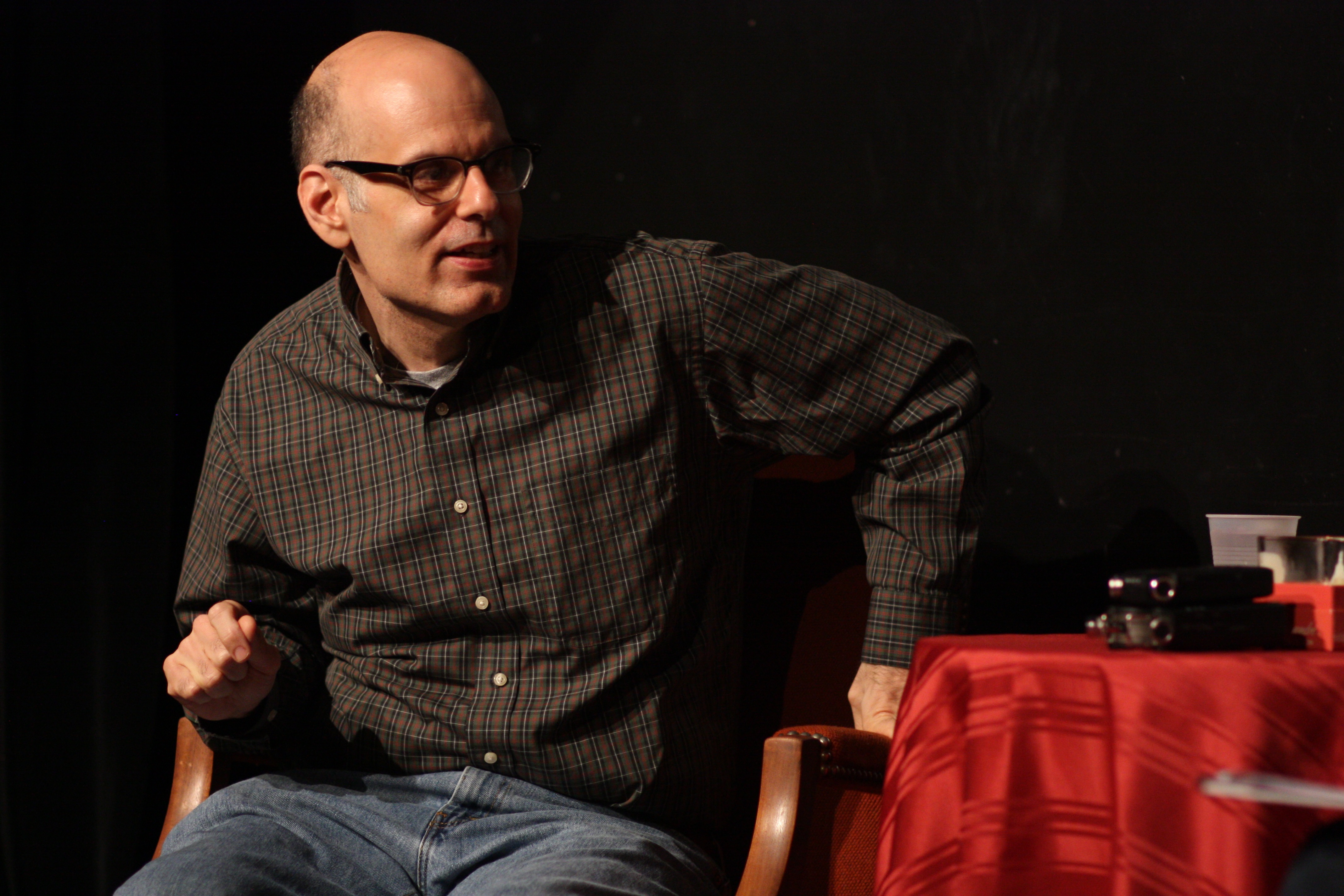Curb Your Expectations

When we first start taking improv classes we have no expectations. Actually, we are ecstatic. We are just so happy that we finally got up the nerve to start doing it. Each week, we look forward to improv class. We rush off to it. Our life starts to change. Our crappy day job becomes tolerable. Our body changes. People think we are working out or losing weight. We make a whole bunch of new friends. It's like we are learning a new super power. We feel like we are able to fly.
Then it happens. After a while, we want more from it. Showing up for class and just learning and having fun is no longer enough. We get impatient and frustrated. We are not satisfied with our progress. Our friends always told us how talented and funny we were – so how come we’re not further along? What went wrong?
Simple: We put expectations on our improv.
We told ourselves if we took X number of many improv classes for X number of weeks, we’d be great at it by now. What we forgot was that the arts don't work like that. It's not a science. There's no formula for when we’re going to make it. If our friends had wanted to be really honest, they would have told us that talent alone doesn’t matter -- hard work and dedication will trump it every time. So grow the fuck up!
Art is fragile, very fragile. It cannot hold up under that much weight. Having too many expectations is a heavy load that will crush your art and break your spirit. This is where the creative process and human behavior collide.
Having expectations is a normal thing. I know that doesn't make you feel better, but it's true. Still, by focusing on what’s coming next and where you “should be” by now is just a way of delaying getting there.
I have constantly put expectations on my career and my life. Sometimes I knew I was doing it and sometimes I had no idea. It doesn't matter; it ends in the same miserable result. Your works takes two steps back and your life sucks.
I always wanted to do TV and film parts when they came to Chicago, and I had an expectation that just because I was good at improv meant that I would automatically get TV and film parts. I thought my improv training was enough to make me a star, and couldn’t figure out why my TV and film auditions sucked.
Unfortunately, I didn’t realize that not all of the credits transfer from one thing to another, and over time, my expectations grew into entitlement.
It wasn’t until I started working with an on-camera coach and taking on-camera classes that I started auditioning better and getting parts. I had put expectations on my improv, and they were holding me back from going on to the next level. They will always do that. They are tricky little bastards.
I wish I could say something wise here, like “stop having expectations,” but that is just stupid. Really, the best advice I can give you is when you start feeling like you’re not where you “should be” (aka – “I should have already gotten on a team,” “I should have made conservatory by now”), try to stay in the moment and know that you’re right where you’re supposed to be. Try to focus on why you started doing this in the first place – which was to delight in the unexpected and just have fun.


Thanks for the reality check Jimmy!
Delight in the unexpected. . . I love it! Thanks for the reminder, Jim-Bo ; )
Improv is not a means to an end; Improv is an end in and of itself. It is fun. It is not the light at the end of the tunnel; it is, however, a somewhat difficult to get to parallel tunnel with lights that can illuminate sections of the tunnel. You flick them on as you head toward the same light in the distance. TV spots are similar but are in a different, harder to get to, parallel tunnel that's got cooler stuff on the walls and switches that light up huge sections of the tunnel. Films, they're in yet another tunnel with even more powerful lights. In all tunnels the light in the distance still reappears as you emerge from the light of the last thing you did.